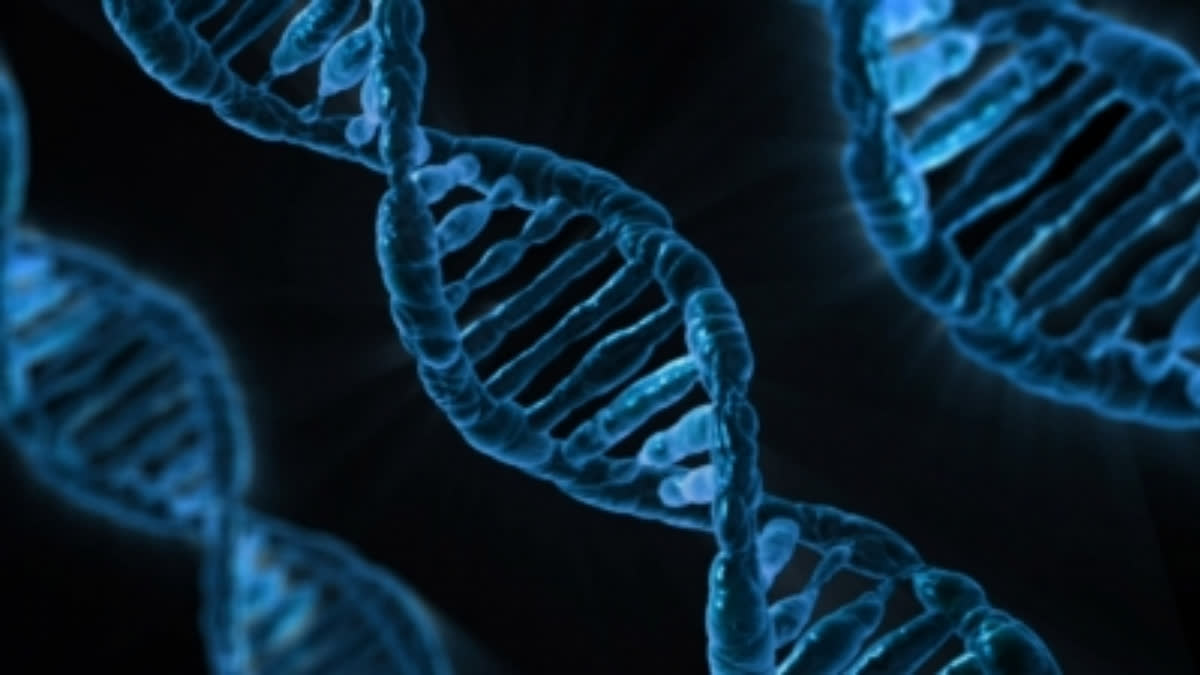London: People suffering from hospital-treated depression may have a high risk of developing conditions such as substance abuse, bipolar disorder, schizophrenia and anxiety, depending on their genetic predisposition to the individual disorder, according to a new study.
The study, published in the journal Nature Medicine, showed that people with hospital-treated depression and a high genetic predisposition to bipolar disorder are 32 times more likely to develop the disease than the rest of the general population. Similarly, people with hospital-treated depression and a high genetic predisposition to schizophrenia are 14 times more likely to develop schizophrenia compared to the rest of the population.
The results can pave the way for offering high-risk people preventative measures and early treatment in the future, said professor Anders Borglum from the Department of Biomedicine at Aarhus University. "For example, targeted efforts that offer more frequent monitoring for the development of bipolar disorder, schizophrenia and anxiety among people with depression who have the highest genetic and clinical risk of being diagnosed with one of these disorders. This would enable early diagnosis and treatment, which we know can have beneficial effects," Borglum said.
Likewise, according to Borglum, identifying people with depression and a high genetic risk of developing substance abuse could make the patient and the doctor aware of the issue. Preventative measures could then be initiated to prevent the development of substance abuse. Further, the study shows that people with hospital-treated depression and a high genetic predisposition to substance abuse have a 21 per cent risk of developing a serious substance abuse problem.
Also read:UK researchers develop new tool to reduce stroke risk
